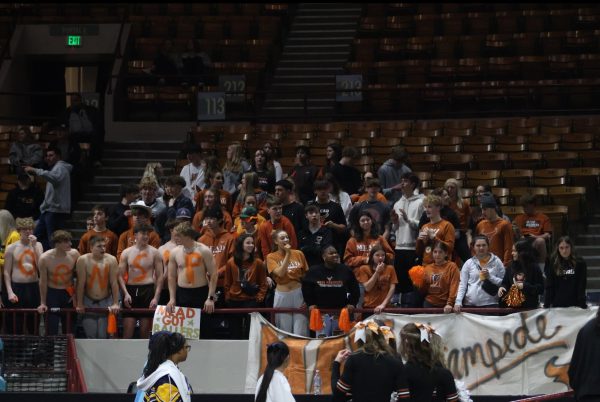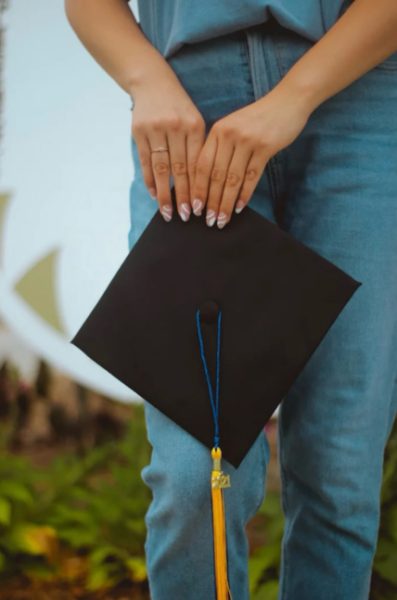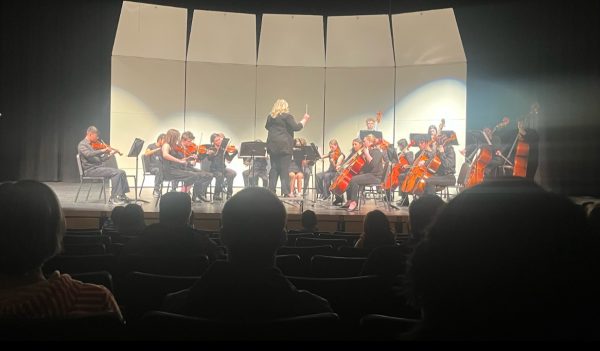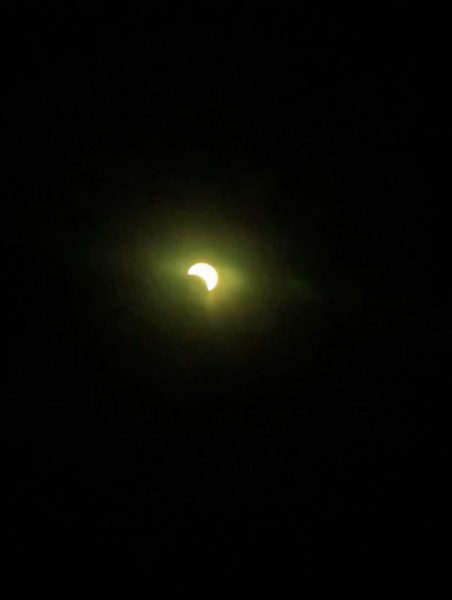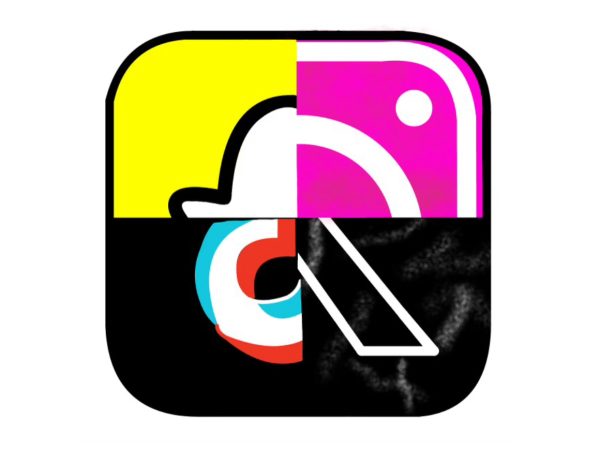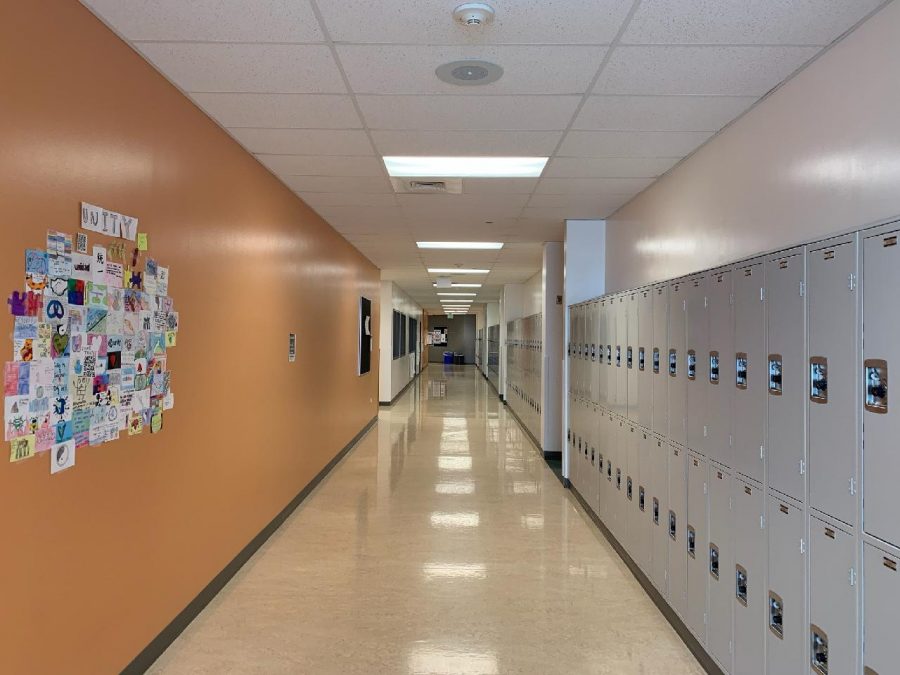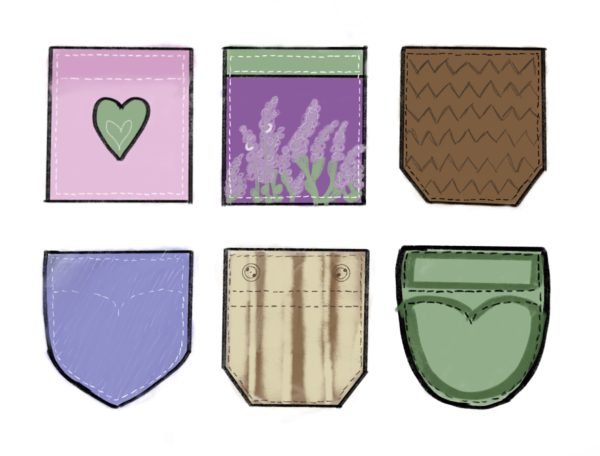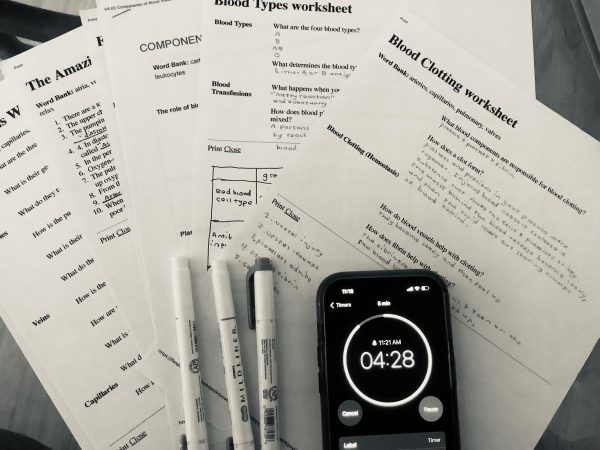The Class of 2024 has experienced a freshman year like no other (Opinion)
With all of the learning environment changes during the COVID-19 pandemic, MHS freshmen reflect on both the positives and negatives of their first year of high school
Mead High is very glad to have the Class of 2024 and hope they’ve enjoyed their first year of high school.
This past year and a half has been difficult on all of us, there’s no doubt. But arguably, it may have been worst on those starting and ending new chapters of their lives — seniors who lost various sentimental pieces of their final year of high school, college freshmen who often didn’t get a chance to live the “full” first-year college experience, and the high school graduating Class of 2024, some of whom entered high school with expectations that weren’t necessarily fulfilled. Inconsistency was common as school fluctuated from remote Webex classes to hybrid learning to in-person Monday through Thursday (with the option to remain fully online).
While some freshmen felt generally comfortable with such inconsistency and saw this first year of high school as extremely similar to previous ones, others believe that such an abnormal school year has taken away some of the traditional 9th grade experiences they were looking forward to. Whether positive or negative, everything from learning the routes of the hallways to meeting new friends has been different than previous years.
If freshmen chose to attend hybrid during the first attempt, they would have technically had to go to their physical classes for the first time well into the year. Figuring out the path from classroom to classroom can already be confusing and challenging enough without being partially through a school year and having others expect you to already understand your own pattern.
“[Mead] was kind of confusing to navigate at first,” said Katie Young (‘24).
Nathan Koven (‘24) explained he struggled with being constantly separated from his close friends during such a pivotal year of high school, particularly with the “lunches [that] separated [him] from the friends that weren’t separated from [him] already.”
Along with social differences, freshmen also experienced some academic differences during this pandemic school year. Webex calls stayed consistent for the most part, though they did become increasingly less of a primary source of teacher and peer communication. For some, motivation was challenging, most prominently throughout the beginning of the year.
“[I did] struggle to stay motivated at home,” said Koven. On the bright side, due to the “slightly shorter days at home” he felt “less exhausted by the end of the day”, which proved to be a positive transition into high school.
Brooke Cote agreed that there were many positives about learning remote, in hybrid, and mostly in-person as a freshman. She said that though she did struggle with procrastination and proper time management, the different learning environments this year have “helped [her] become more organized and resourceful.”
Getting to know the dynamic of one’s classes is generally something that develops within the early stages of a student’s first year at a new school. Young said online learning during the first part of the year made courses generally “less interesting” because that “aspect of [student] personality” was almost entirely absent.
Whether the COVID-19 pandemic caused freshmen to miss out on these small details of their first year at MHS is subjective. Cote said she didn’t really feel she’d missed out on anything this year that she was initially excited for in high school.
There was a general consensus that the 2020-2021 school year taught freshmen a lot about themselves — valuable lessons about everything from personal work ethic to pacing one’s homework. Asynchronous Fridays in particular seem to have had a very positive impact on some of the Class of 2024 students.
Koven said he “especially enjoyed the introduction of asynchronous Fridays.” Cote added that asynchronous days taught her “a lot about [herself], [her] work ethic, and [her] organization skills and how to improve them.”
Despite such an untraditional transition to high school for freshmen, most seemed to have enjoyed the year thus far and have learned more about themselves than they initially thought they would.
Your donation will support the student journalists of Mead High School. Your contribution will allow us to purchase equipment and cover our annual website hosting costs.
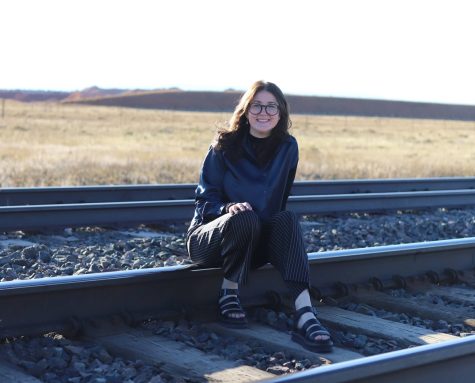
Arizona Lee is a senior, and this is her second year as Editor-in-Chief of The Mav. She enjoys reading, listening to good music, and spending time with friends. She hopes to guide the student newspaper and broadcast this year to continued success.

